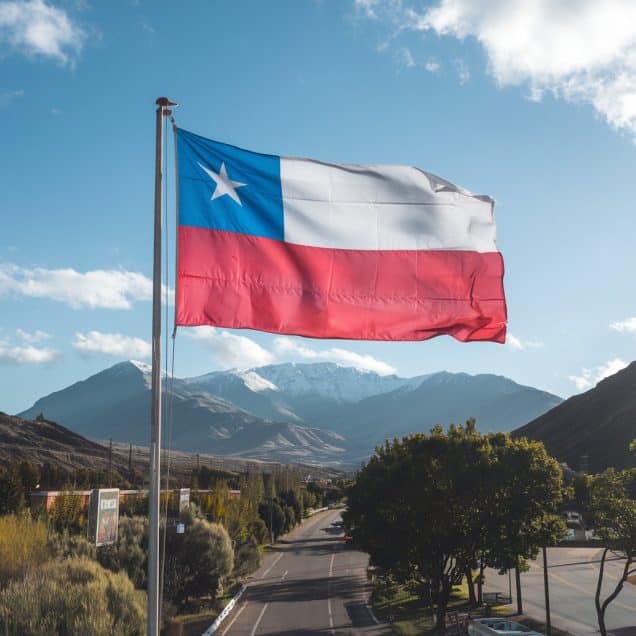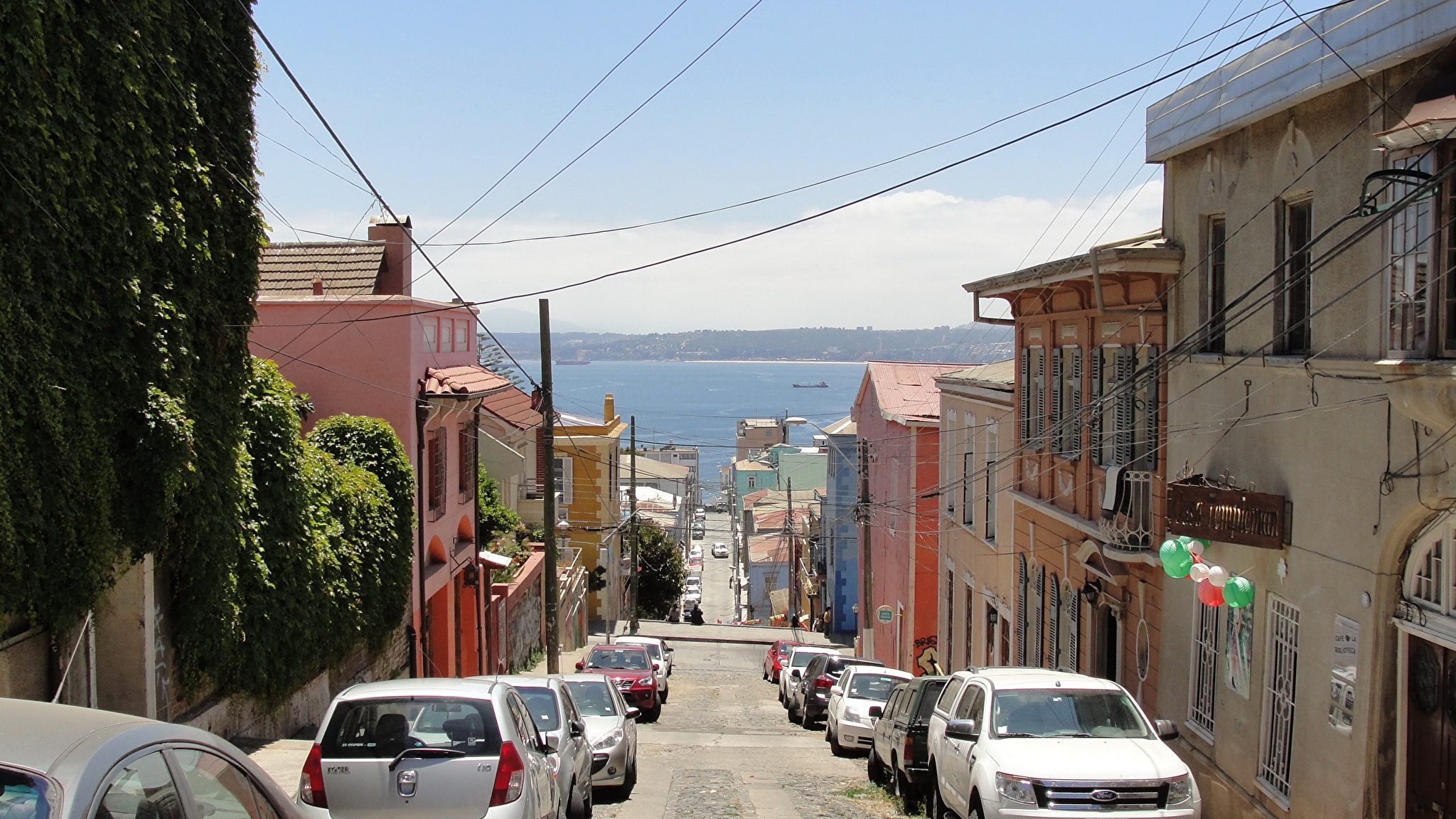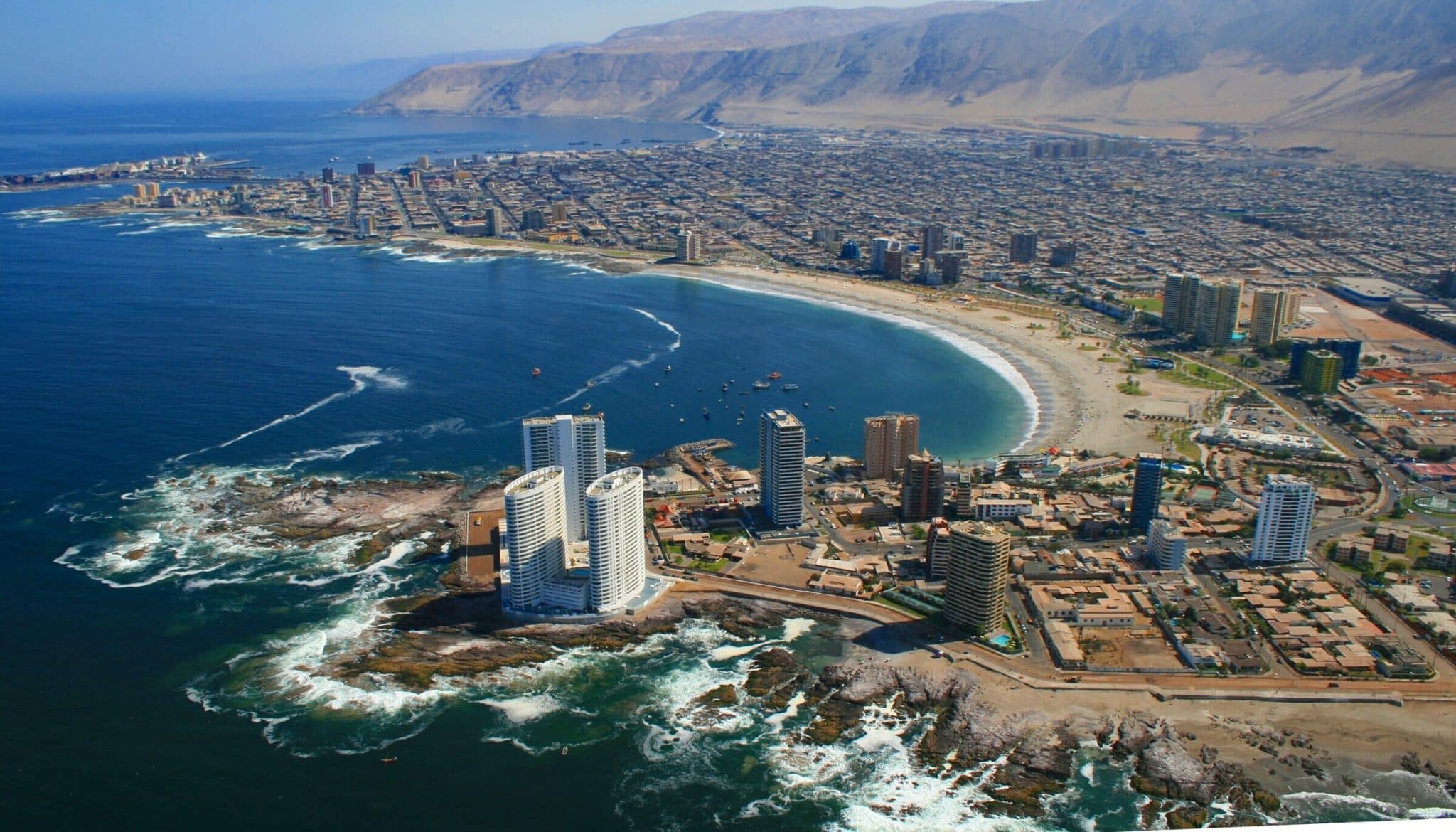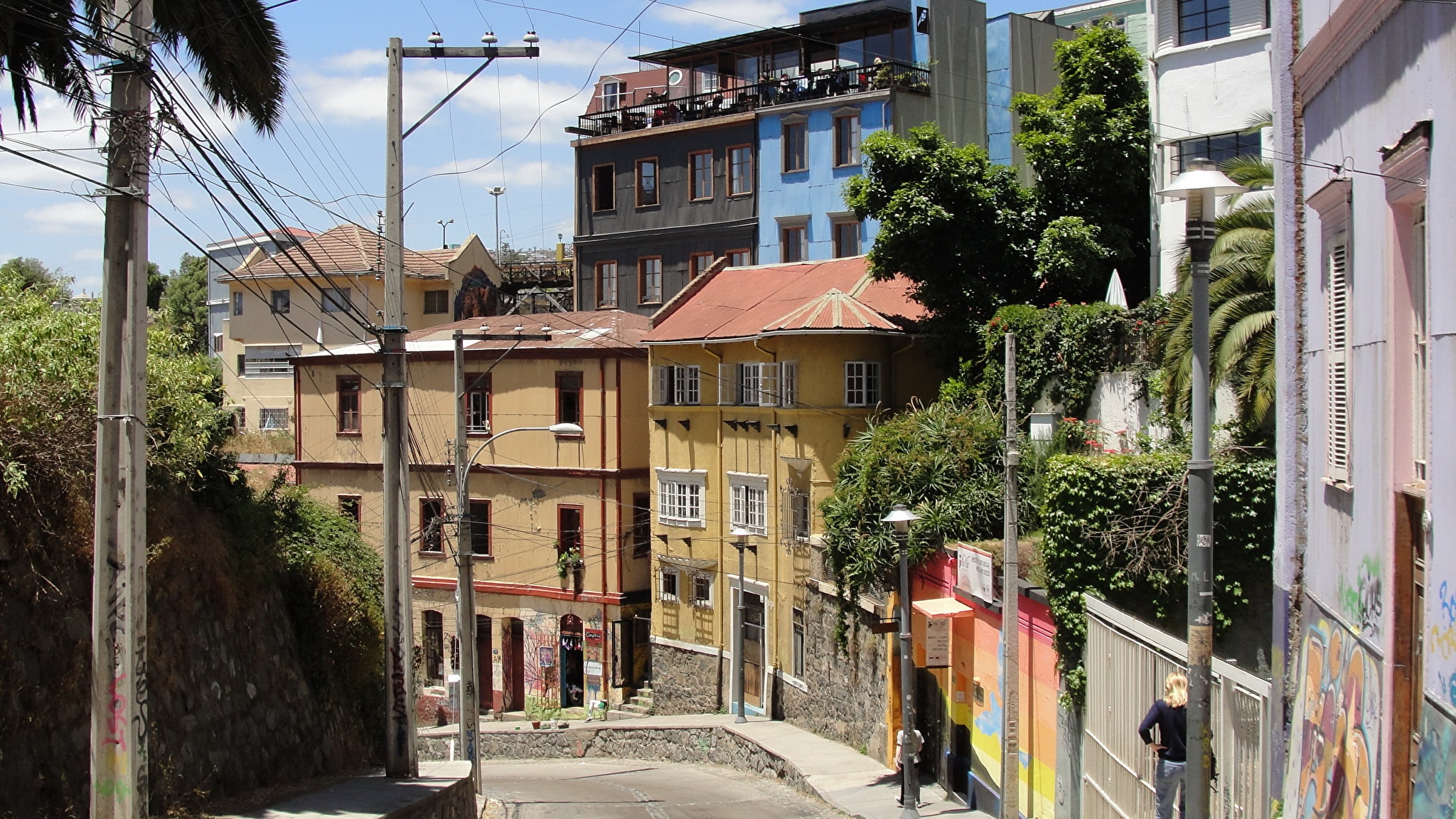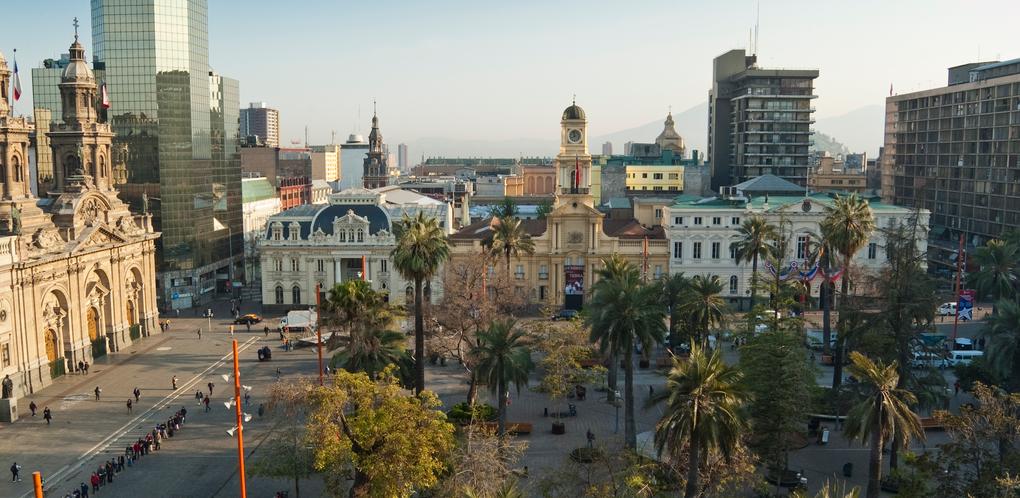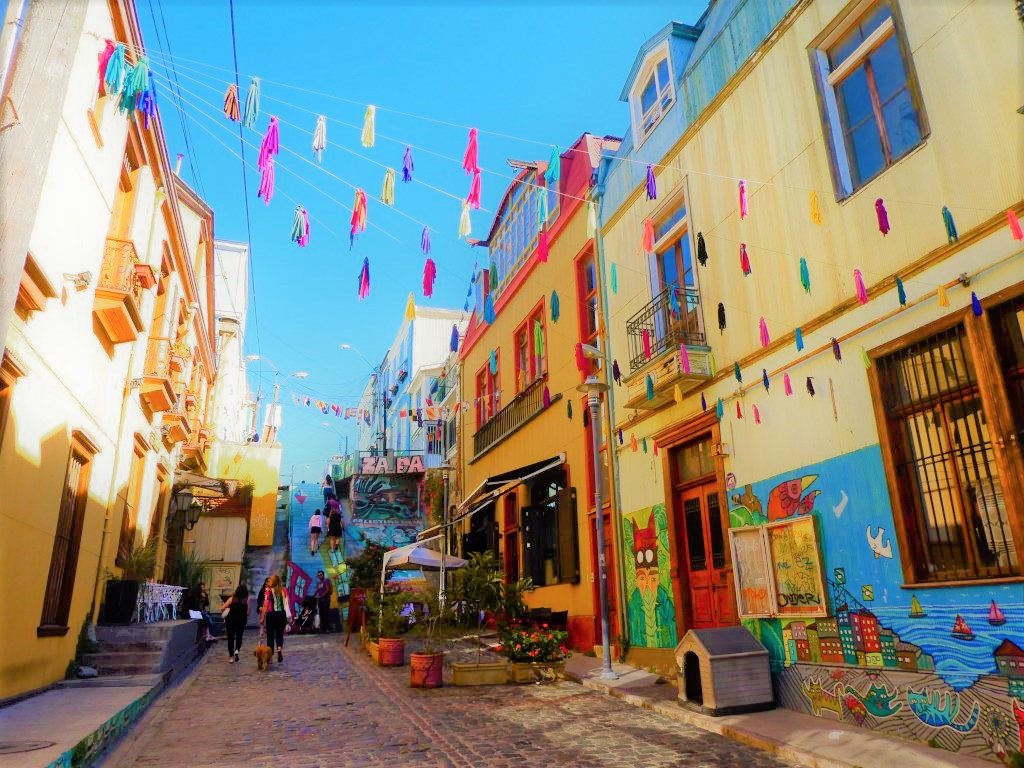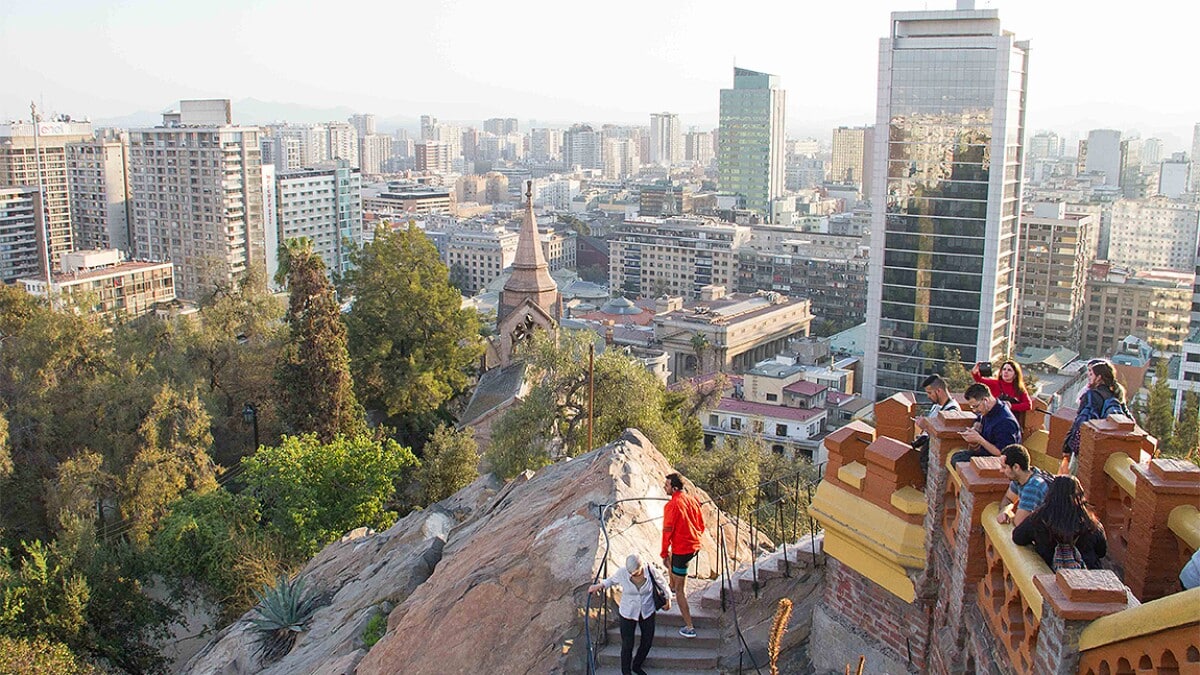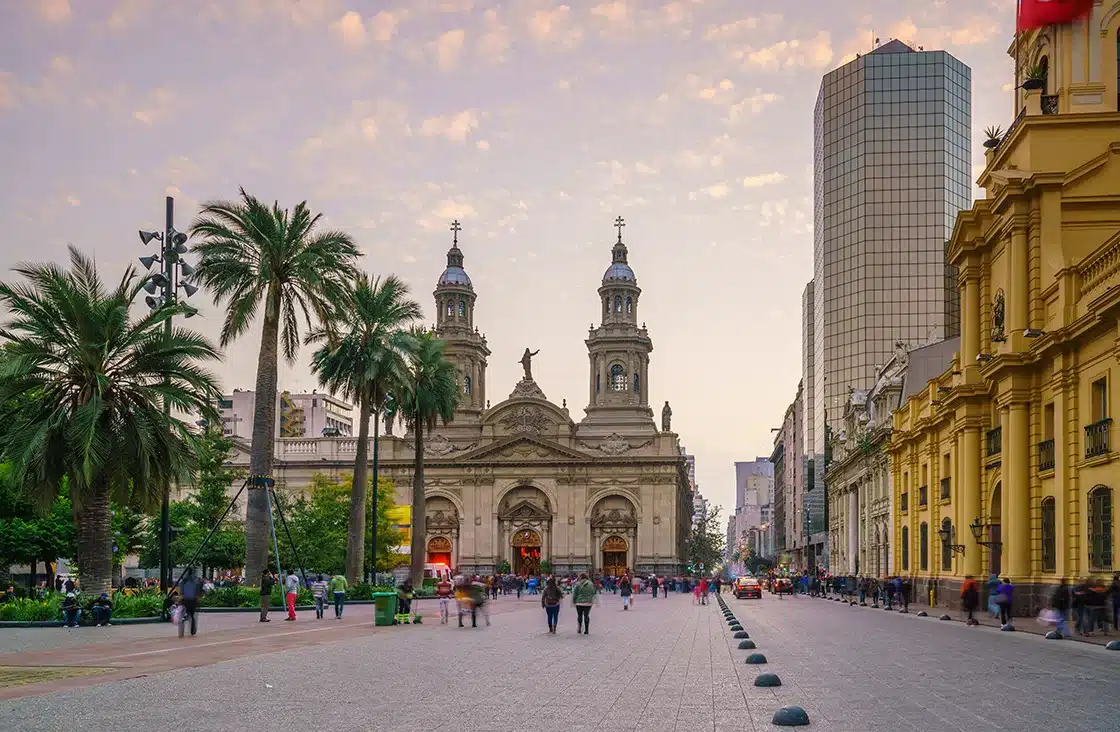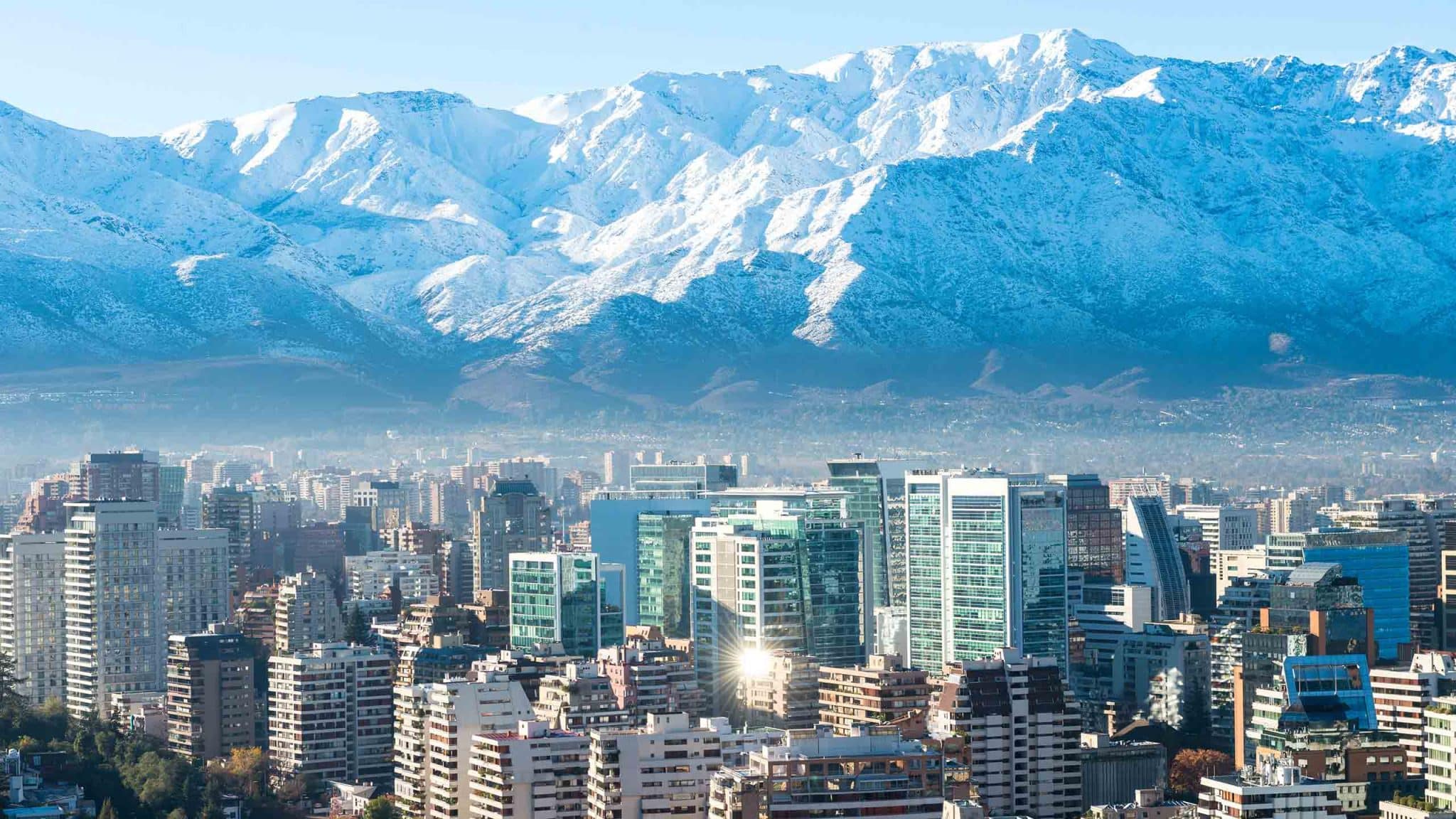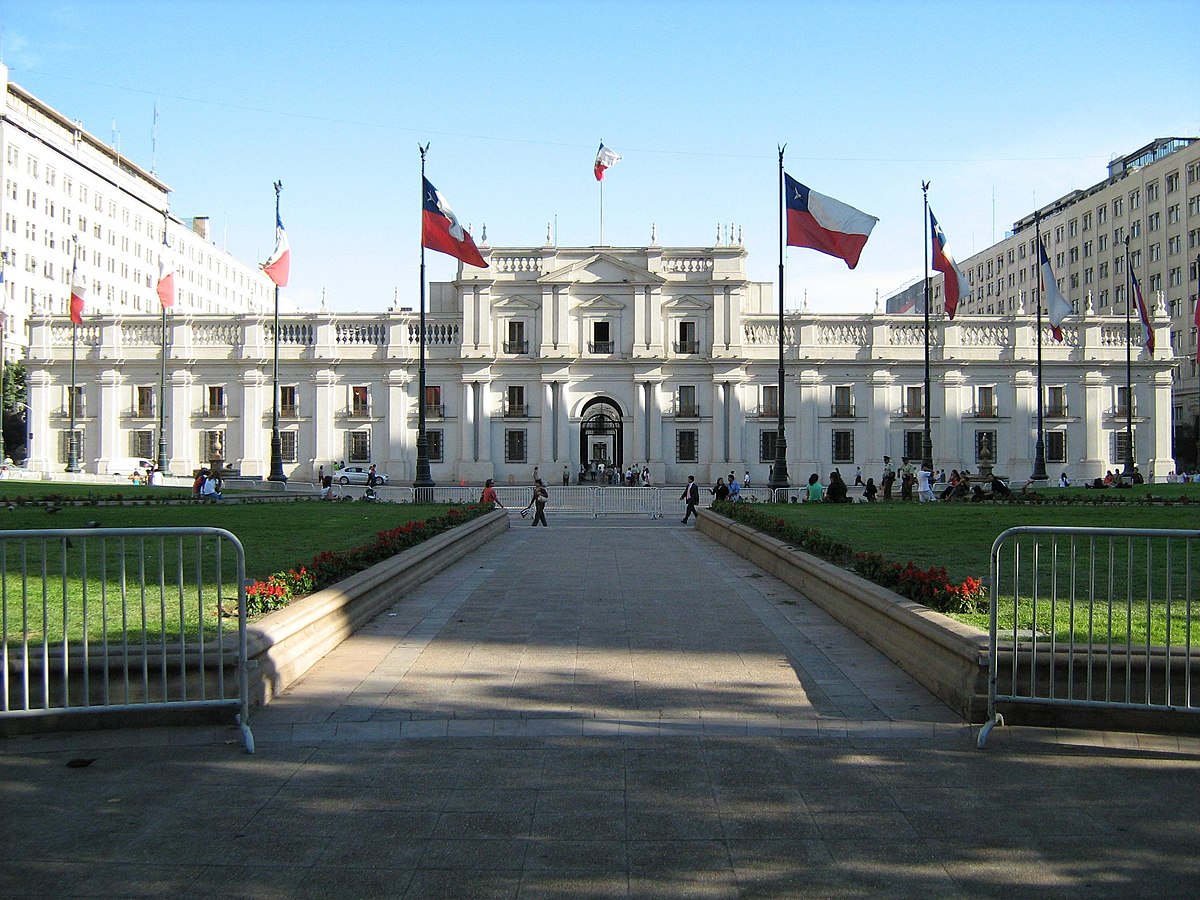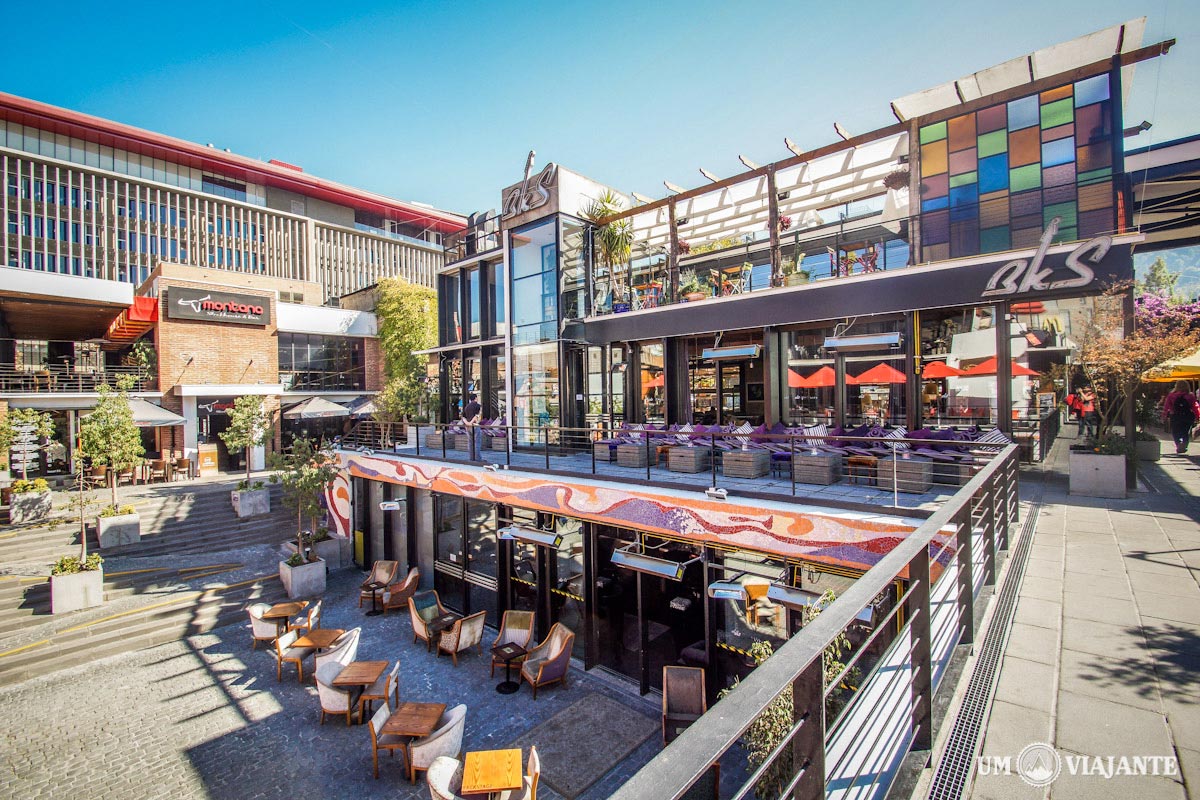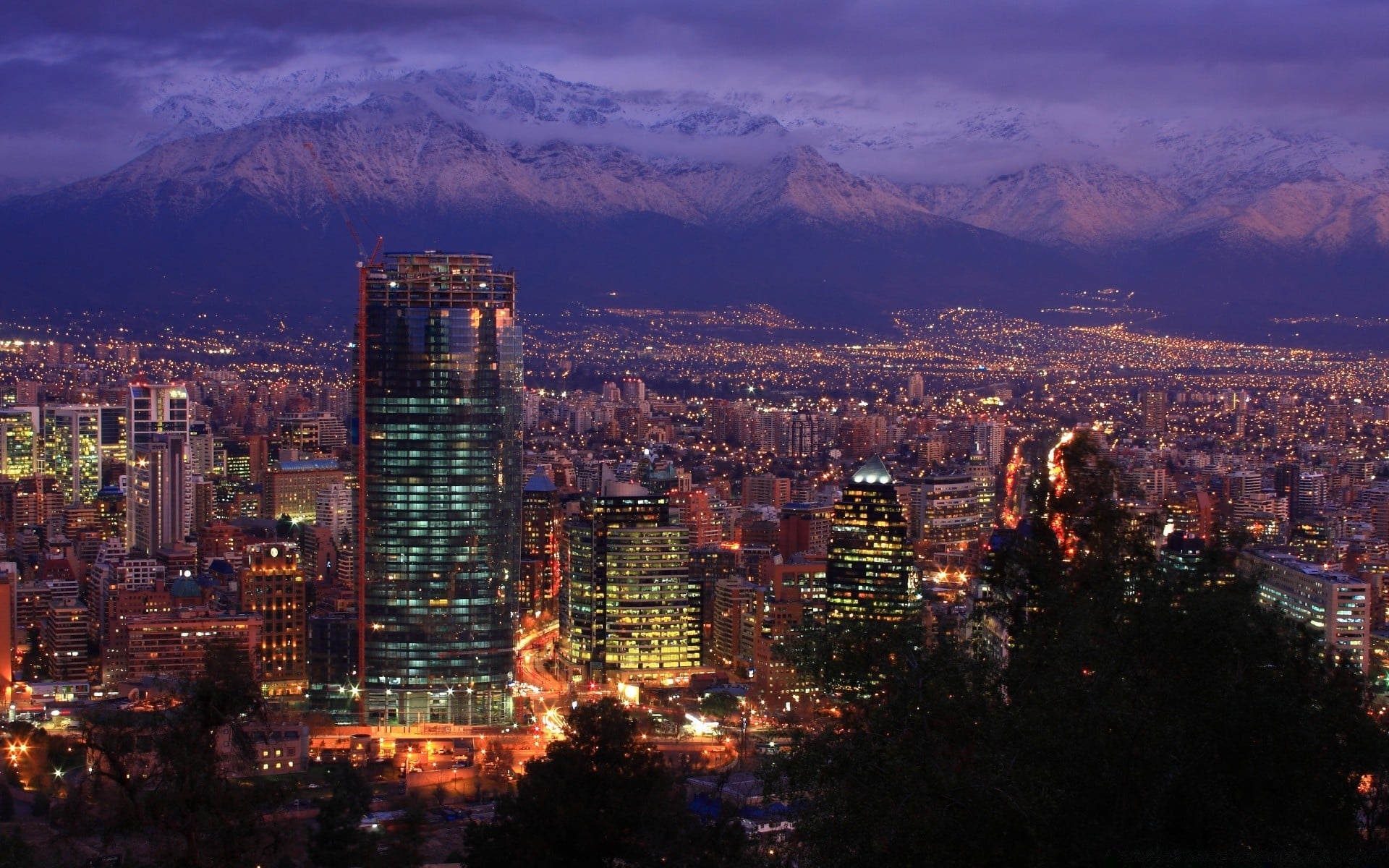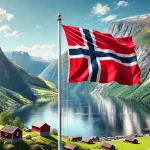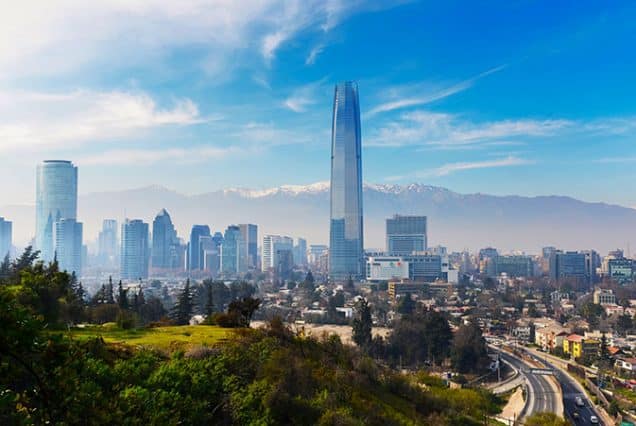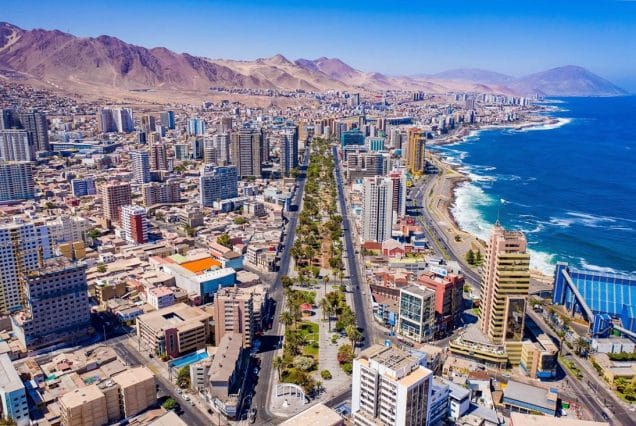

Discover Chile
Sights
Map
Info
Chile is a long, narrow country in South America known for its rich cultural heritage, diverse geography, and vibrant cities. When planning your trip, understanding visa and passport requirements, transportation and accommodation options, as well as dining and cultural practices, will make your visit more enjoyable and hassle-free. Additionally, being informed about local cuisine, shopping opportunities, and language barriers will help you navigate the country with ease.
Visa and Passport Requirements
Visa-Free Travel: Citizens of many countries can visit Chile without a visa for up to 90 days.
Passport Validity: Your passport must be valid for at least six months from your date of entry into Chile.
Return Ticket: You may be asked to show proof of a return or onward travel ticket upon entry.
Transportation
Public Transport: Santiago offers an efficient public transport system with metro, buses, and taxis widely available.
Intercity Travel: Buses are commonly used for intercity travel, with flights also available for longer distances.
Car Rentals: Renting a car is a good option for exploring rural areas and national parks.
Accommodation
Hotels: Chile offers a wide range of hotels to suit any budget, from luxury hotels to more economical options.
Hostels: Budget travelers can find affordable accommodations in hostels, especially in major cities.
Boutique Hotels and Guesthouses: For a more local experience, boutique hotels and guesthouses are popular, particularly in areas like Valparaíso and Patagonia.
Dining
Local Dishes: Chilean cuisine features meat and seafood, with traditional dishes like empanadas and pastel de choclo being popular.
Seafood: Chile is known for its fresh seafood, with dishes like cazuela de mariscos being local favorites.
Restaurants: In major cities, you’ll also find restaurants offering international cuisine.
Cultural Considerations
Hospitality: Chileans are known for their hospitality; a warm welcome is common in social interactions.
Time Flexibility: Social events often start later than scheduled, as time is more flexible in Chilean culture.
Tipping: Tipping is customary in restaurants and taxis, usually around 10% of the bill.
Language
Spanish: The official language is Spanish; while English is spoken in major cities, you may encounter language barriers in rural areas.
Translation Apps: Learning basic Spanish phrases or using translation apps can help with communication.
Technology and Communication
Wi-Fi Access: Wi-Fi is widely available in hotels, cafes, and restaurants.
Local SIM Cards: Local SIM cards with affordable data plans are easy to obtain, making communication cost-effective.
Shopping and Payment
Credit Cards and Cash: Credit cards are widely accepted in major cities, but cash is preferred in rural areas.
Local Handicrafts: Popular souvenirs include local textiles, ceramics, and handmade jewelry
Tax Refund: You can claim a VAT refund on purchases above a certain amount when leaving Chile, which can be beneficial for larger purchases.

